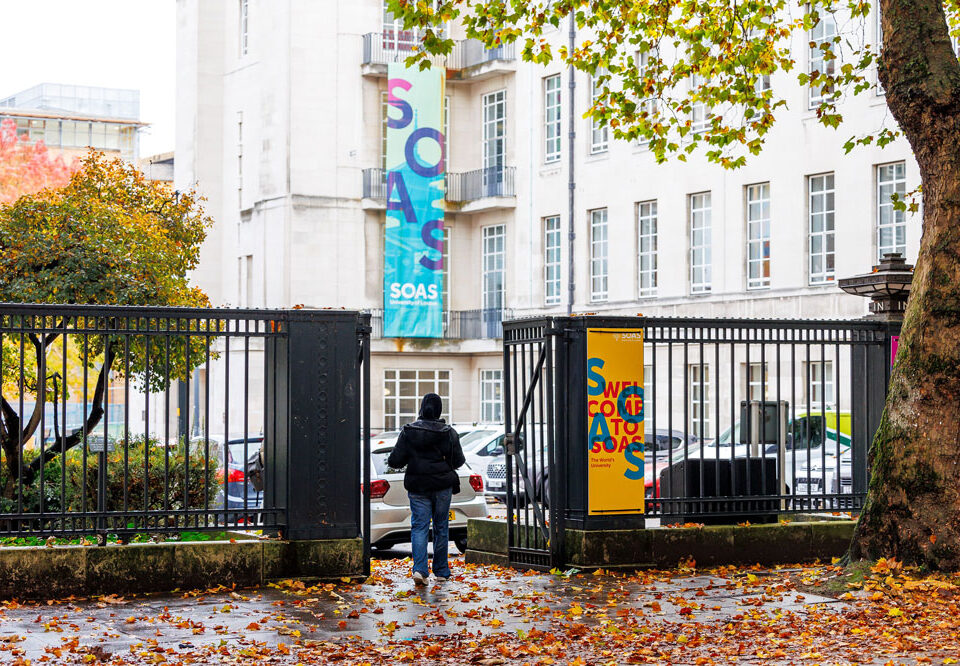Overview
The Centre for Anthropology and Mental Health Research in Action bridges anthropology and mental health. It is a world-leading academic centre for anthropological research, education and public engagement on mental health, housed within SOAS University of London.
The Challenge
Societies are grappling to respond to the scale and complexity of mental health needs, with increasing numbers of people experiencing distress linked to experiences of economic precarity, inequality, racial and gendered violence, climate crisis and the everyday struggles related to loss, care and connection.
Partnerships
We collaborate deeply and purposefully with partners across mental health ecosystems in London and around the world.
These relationships ground our work in real-world systems and ensure our research contributes to just and responsive forms of care.
We currently partnering with Thrive LDN – a citywide public mental health partnership of NHS trusts, councils and public bodies – and Central and North West London NHS foundation, a large community facing NHS Trust caring for people with physical and mental health needs, among other partnerships.
Research
Current research projects include:
• Understanding hoarding interventions – an ethnographic comparison of hoarding interventions in London, Hamburg and Vienna
• Housing distress – exploring how housing precarity, disrepair and dispossession impacts mental health
• Ecological distress – rethinking the conceptual tools for understanding mental health in the context of ecological crisis.
Impact
Applying anthropological methods to mental health research allows mental health to be considered not just at the level of the individual but within the context of relationships, social structures, state systems and cultural practices. This anthropological perspective is growing global understanding of how societies can understand mental distress and build effective systems of care.




